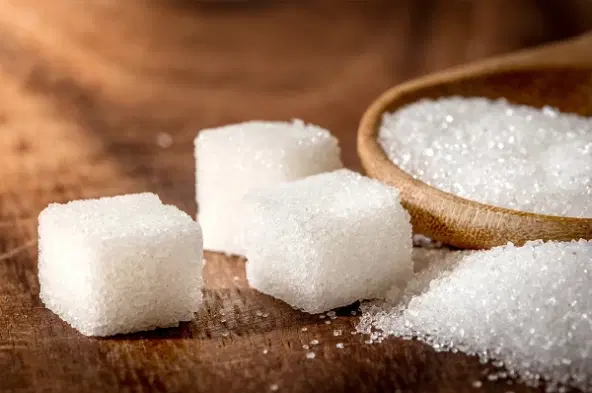Nigeria’s sugar import bill has jumped 328% in five years, hitting ₦2.21 trillion between 2020 and 2024, up from ₦516.61 billion in the preceding five years, despite 15 years of government efforts to achieve self-sufficiency under the National Sugar Master Plan (NSMP).
Data from the National Bureau of Statistics (NBS) shows the surge comes as local production remains at just 40,000 metric tonnes annually — barely 3% of the country’s 1.7 million tonne demand — leaving a 97% supply gap, almost unchanged from 2010 levels when the NSMP was first launched.
The NSMP, renewed in 2020, aimed to eliminate sugar imports through a Backward Integration Programme that required approved importers to develop local sugarcane plantations and processing capacity. It projected 28 sugar factories, 250,000 hectares of sugarcane farms, and a halt to import licensing by 2020. While companies such as Dangote Sugar, BUA Foods, and Flour Mills of Nigeria have built refineries with a combined capacity of 3.5 million tonnes, actual production remains negligible.
The Federal Government has now launched NSMP Phase II, targeting 2 million tonnes of sugar, 400MW of electricity, and 110,000 jobs. Executive Secretary of the National Sugar Development Council (NSDC), Kamar Bakrin, said the second phase will require $3.5 billion in investment and 200,000–250,000 hectares of land, with stronger monitoring to ensure compliance.
However, smallholder sugarcane farmers — who form the bulk of producers — say they have been excluded from the program. Many told Financial Vanguard they lack access to improved seedlings, pesticides, irrigation, training, financing, and direct markets, forcing them to sell to middlemen at low prices.
“We have the land and manpower to meet Nigeria’s sugar needs, but without government support, we are abandoned,” said Simon Dennis, a farmer from Kachia, Kaduna State. Others complained of termite infestations, crop diseases, and fluctuating prices, with some selling a bundle of 20 canes for as little as ₦4,000.
Agribusiness operators like DeBranch Farmers Limited say the sector has “huge untapped potential” and, with proper investment, could make Nigeria a net exporter of sugar. For now, the gap between policy ambition and field reality remains wide — and growing.




